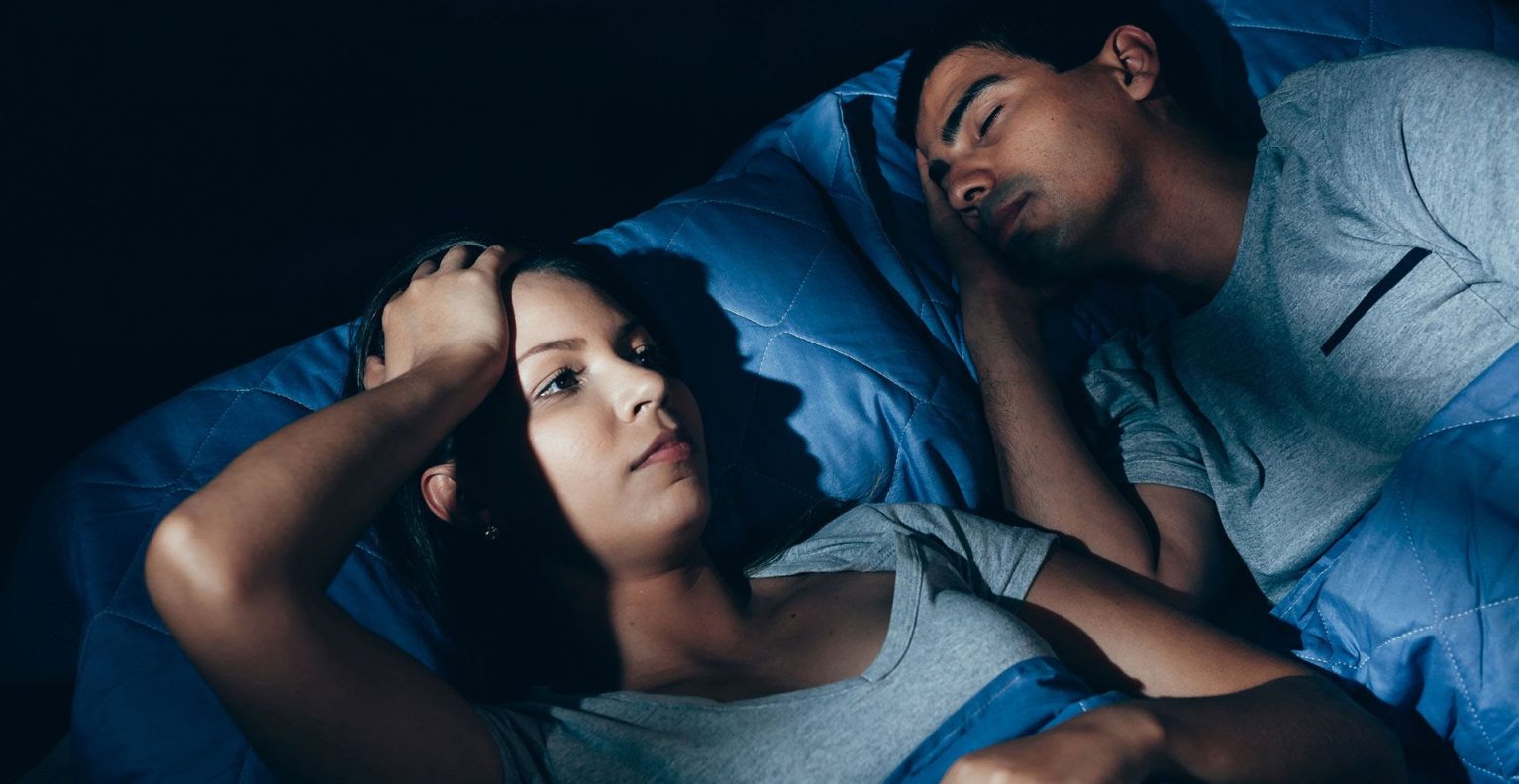Happy Hump Day Dr. Tami!
Are you having trouble sleeping at night? You are not alone. While adults should strive for 7+ hours of uninterrupted sleep at night to ensure the best overall well-being, about 30% of adults suffer from the most common sleep disorder – insomnia.
According to the CDC, insomnia is defined as the inability to initiate sleep or maintain sleep. Insomnia can lead to excessive daytime sleepiness. It can also lead to chronic medical issues such as obesity, heart disease, heart attacks, stroke, asthma, diabetes, and depression. As moguls, we do not have time to be sleepy during the hours when normal business is conducted. We also do not have time to be sick with preventable medical conditions. We need to be well-rested so that we can continue to push forward towards our goals.
One cause of insomnia can actually be contributed to the types of food that we eat and when we eat them. Eating too close to bedtime can keep us awake for several reasons. One reason is that it take s the body several hours to complete the digestion process. During digestion, the body’s blood supply is directed to the stomach. When this occurs, other areas in the body, including the brain, have decreased blood supply and oxygen to repair. Another reason is the ingredients in some foods. Some ingredients such as caffeine increase arousal and heart rate. Here are some foods culprits that could be keeping you up at night:
*excerpts taken from the MDLinx article “What to eat and what to avoid for better sleep” by Liz Meszaros
• Chocolate. I know this is a big one especially if you are a chocolate lover like myself. Unfortunately, beloved chocolate contains caffeine, which causes increased arousal and works to decrease your ability to fall into and sustain deeper sleep stages. In addition, chocolate—especially dark chocolate—also contains small amounts of theobromine, a bitter alkaloid found in the cacao plant. Theobromine can increase heart rate and cause sleeplessness.
If you want to have a piece of chocolate before bedtime, white chocolate may be your best bet. White chocolate doesn’t contain cocoa solids found in other types of chocolate. It also contains little, if any, caffeine, and no theobromine.
• Dried fruit. The high-fiber, low-water content of dried fruit can cause digestive issues, including gas, bloating, and cramping during the night. The other culprit is sorbitol, a sweetener found in dried fruits, which causes bloating and gas.
• Matcha or green teas. Unfortunately, green tea contains not only caffeine, but theobromine and theophylline, both of which can increase heart rate, cause feelings of nervousness, and increase overall anxiety. Matcha—a type of green tea—contains caffeine but causes less of the jitters than green tea. Because the health benefits of green tea are numerous, however, drink it with abandon during the day, but stop at around 3 or 4 p.m.
• Chips. Because it takes so much work for your body to digest fats, eating chips before bed will almost guarantee that the next few hours will have you tossing and turning. As if that weren’t enough, researchers also found that eating greasy junk foods—like chips—can cause nightmares.
• Oranges. Because of their high acid content, oranges can cause or exacerbate heartburn, especially if they are eaten on an empty stomach. Not only that, but the scent of oranges is energizing, and may keep you alert instead of relaxing you. Finally, citrus is a natural diuretic and may cause you a few trips to the bathroom during the night.
Wanna catch some zzz’s?
Here are some foods and beverages that can actually help you sleep, according to the National Sleep Foundation:
Nuts. These heart-healthy snacks contain melatonin, the hormone responsible for regulating sleep.
Cottage cheese. Because it’s high in lean protein, cottage cheese contains tryptophan, an amino acid known to increase serotonin levels. And, it’s even better if you plop some raspberries on top because they’re rich in melatonin.
Fruits. Fruits such as raspberries, tart cherries, bananas, and pineapples contain melatonin. If you had a bad sleep night, try eating fruits such as berries, prunes, raisins, oranges, and plums. The antioxidants found in them may also energize you after a sleepless night. They can be helpful in counteracting the oxidative stress caused by some sleep disorders.
Whole grains. Popcorn, oatmeal, or whole-wheat crackers with some sort of nut butter are much better choices before bed than complex carbohydrates like white bread, pasta, or sugary, baked items, that only act to reduce your serotonin levels.
Warm milk and herbal teas. You may remember a family member offering you some warm milk before bedtime in order to help you sleep. Well as it turns out, there is some science behind this suggestion. Some researchers have shown an association between milk’s tryptophan and melatonin content and better sleep, but the psychological aspects of drinking warm milk at bedtime as a child shouldn’t be underestimated. I love drinking caffeine-free herbal teas before bedtime to help me unwind from a long day. My favorite is vanilla chamomile. Drinking caffeine-free herbal teas like chamomile, valerian, or passionflower are relaxing especially if they are included in your nightly bedtime ritual. So give it a try!
If you find that you still have insomnia after making adjustments in your diet, talk to your physician to fully evaluate. This evaluation will entail a full history, physical, blood work, and a sleep study. It also entails implementing a full sleep regimen if no other underlying cause is found. Keeping a detailed sleep diary along with a food diary, adjusting your bedtime so that you have the same bedtime every night, and detoxing from social media several hours before bedtime is key to a good sleep regimen. Medicines may be prescribed in severe cases of insomnia. If you are prescribed medicine, please ensure that you are following your physician’s instructions to avoid adverse effects. Only take these medicines if you will be able to get 8+ hours of uninterrupted sleep and avoid drinking alcohol or driving.
For more medical pearls and wisdom as well as daily inspiration, follow me on social media. Also, tune into my TV shows, Health Tips with The Nation’s Bedside Doctor and Healthy Conversations with The Nation’s Bedside Doctor, on ClarkeTVNetwork every Thursday at 6:00 pm EST.
To your good health,
Tami M. Prince, M.D.
The Nation’s Bedside Doctor
“Turning patients into advocates”
www.nationsbedsidedoctor.com


